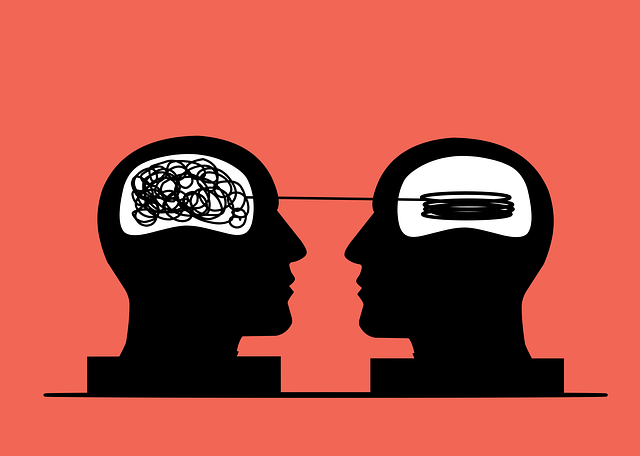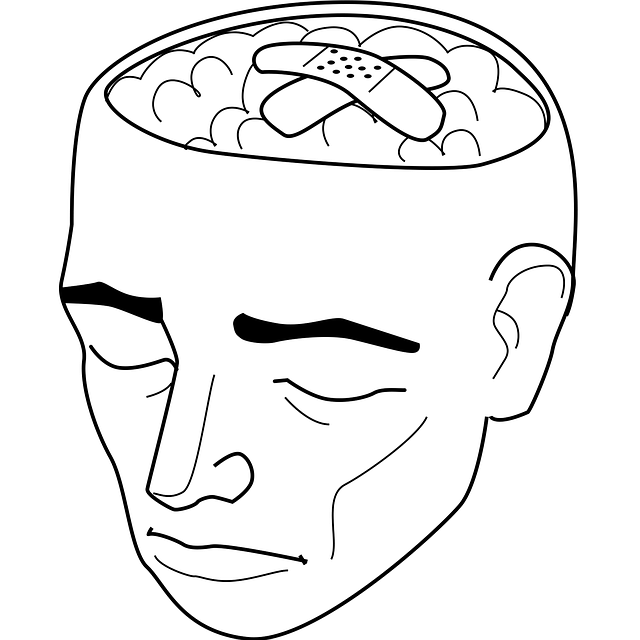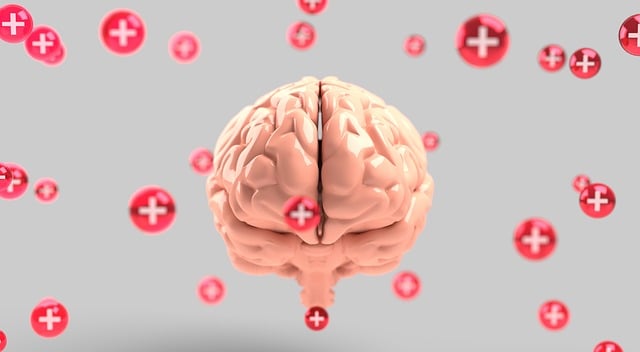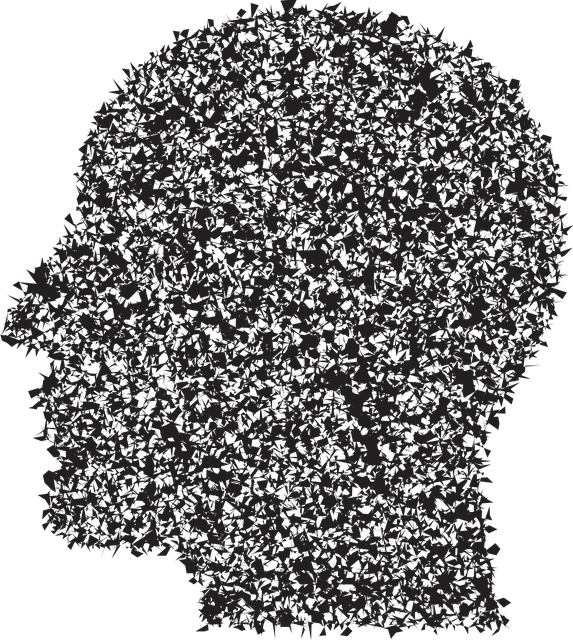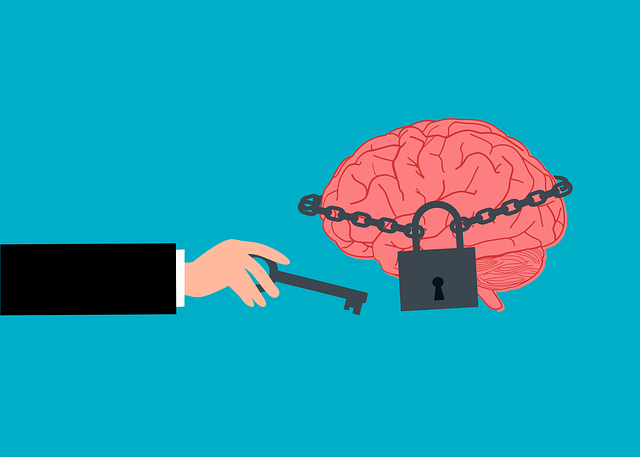Lafayette Bilingual Therapy offers a unique, culturally sensitive approach to mental wellness coaching, empowering individuals with skills for long-term mental health management. Their evidence-based programs integrate CBT, mindfulness and empathy-building strategies, tailored to diverse clients' needs in multiple languages. Through regular assessments, they measure success not just numerically, but by tangible improvements in clients' lives, ensuring their coaching experiences are both effective and culturally inclusive.
Mental wellness coaching programs are gaining traction as powerful tools for personal growth. This article explores the multifaceted development of such programs, from understanding their foundational benefits to delving into specific strategies. We highlight innovative approaches like Lafayette Bilingual Therapy, which emphasizes cultural sensitivity, and provide a roadmap for creating effective, evidence-based models. By examining key components, incorporating best practices, and measuring outcomes, coaches can design transformative programs that support individuals on their journey towards mental wellness.
- Understanding Mental Wellness Coaching: Defining the Approach and Its Benefits
- Lafayette Bilingual Therapy: A Unique Perspective on Cultural Sensitivity in Coaching
- Designing Effective Coaching Programs: Key Components for Success
- Incorporating Evidence-Based Practices: Enhancing Program Quality
- Measuring Impact and Evaluating Outcomes: Ensuring Continuous Improvement
Understanding Mental Wellness Coaching: Defining the Approach and Its Benefits

Mental wellness coaching is a growing field that focuses on empowering individuals to enhance their mental health and overall well-being. At Lafayette Bilingual Therapy, we define this approach as a collaborative process where coaches work closely with clients to identify areas of improvement and set achievable goals. Through tailored strategies and support, coaches help individuals navigate life’s challenges and develop resilience. This method differs from traditional therapy in that it is often more flexible, focusing on skill-building and personal growth rather than treating specific disorders.
The benefits are vast. Coaching fosters self-awareness, encouraging clients to explore their thoughts and emotions. It promotes emotional healing processes, enabling individuals to overcome trauma or past experiences hindering their mental wellness. Moreover, coaching sessions cater to each person’s unique needs, enhancing cultural competency among healthcare providers. By incorporating these approaches, Lafayette Bilingual Therapy aims to strengthen inner strength development, ensuring individuals leave coaching with practical tools for maintaining long-term mental health and improved quality of life.
Lafayette Bilingual Therapy: A Unique Perspective on Cultural Sensitivity in Coaching

Lafayette Bilingual Therapy offers a unique perspective on cultural sensitivity within coaching programs, recognizing the profound impact of language and culture on mental wellness. By providing services in multiple languages, this therapy organization addresses a critical gap in mainstream coaching, ensuring that culturally diverse individuals receive support tailored to their specific needs. This approach is particularly relevant in today’s globalized society where people from various backgrounds interact and seek mental health services.
The program’s effectiveness lies in its understanding of the healthcare provider cultural competency training aspect. Coaches undergo specialized training to recognize and appreciate cultural differences, enabling them to deliver empathetic and culturally sensitive care. This includes adapting communication styles, ensuring inclusivity, and providing stress management workshops that resonate with diverse populations. Such initiatives not only foster a sense of belonging among clients but also enhance overall mood management, making the coaching experience accessible and beneficial for all.
Designing Effective Coaching Programs: Key Components for Success

Effective coaching programs for mental wellness should be meticulously designed to cater to diverse individual needs. At Lafayette Bilingual Therapy, we understand that each client enters therapy with unique challenges and aspirations. Therefore, our coaching programs incorporate several key components for optimal success. Firstly, they emphasize positive thinking techniques, teaching clients practical ways to reframe negative thoughts and cultivate a more optimistic outlook. Secondly, self-care practices are integrated into the coaching process, empowering individuals to prioritize their well-being in both mind and body.
Additionally, successful programs focus on coping skills development. This involves equipping clients with tools to navigate stress, anxiety, and other mental health challenges effectively. Through a combination of evidence-based strategies and personalized guidance, our coaches help clients build resilience, enhance coping mechanisms, and ultimately achieve lasting improvements in their mental wellness journey.
Incorporating Evidence-Based Practices: Enhancing Program Quality

Incorporating evidence-based practices is a cornerstone in enhancing the quality and effectiveness of mental wellness coaching programs. At Lafayette Bilingual Therapy, we prioritize utilizing validated techniques that have shown significant positive outcomes in various therapeutic settings. This approach ensures that our coaches are equipped with the latest research-backed strategies to support clients on their journey towards improved mental health. By adopting practices such as Cognitive Behavioral Therapy (CBT), Mind Over Matter principles, and Empathy Building Strategies, we foster an environment conducive to healing and personal growth.
Cultural competency training for healthcare providers is another vital component that we integrate into our programs. Recognizing the importance of understanding diverse cultural backgrounds, we ensure our coaches are prepared to meet the unique needs of a broad spectrum of clients. This includes learning empathetic communication skills, unconscious bias awareness, and tailoring interventions to respect individual cultural beliefs and values. Such comprehensive training enables us to deliver services that are not only effective but also culturally sensitive, enhancing client satisfaction and outcomes.
Measuring Impact and Evaluating Outcomes: Ensuring Continuous Improvement

Evaluating the impact and outcomes of mental wellness coaching programs is a critical aspect of ensuring continuous improvement and enhancing their effectiveness. At Lafayette Bilingual Therapy, we understand that measuring success goes beyond simple numbers; it involves assessing the tangible improvements in clients’ lives. This process enables us to tailor our approaches, adapt strategies, and create more personalized experiences that foster self-care routine development for better mental health.
Through regular assessments and feedback mechanisms, our coaching programs aim to alleviate anxiety relief and cultivate inner strength development. By closely monitoring progress, we can identify what works best for each individual and make necessary adjustments. This iterative process ensures that our services remain dynamic, relevant, and aligned with the evolving needs of our clients, ultimately contributing to their overall well-being.
Mental wellness coaching programs, enriched by innovative approaches like Lafayette Bilingual Therapy, hold immense potential in fostering cultural sensitivity and holistic well-being. By integrating key components, evidence-based practices, and rigorous evaluation, these programs can effectively promote mental health and bring about positive changes in individuals’ lives. This strategic development ensures that coaching remains a dynamic and impactful field, catering to diverse needs in today’s globalized society.


